The geopolitical aims & revolutionary gains of Iran’s annual Islamic Unity Week (1/2)
By Ramin Mazaheri
(Ramin Mazaheri is the chief correspondent in Paris for Press TV and has lived in France since 2009. He has been a daily newspaper reporter in the US, and has reported from Iran, Cuba, Egypt, Tunisia, South Korea and elsewhere. He is the author of ‘Socialism’s Ignored Success: Iranian Islamic Socialism’as well as ‘I’ll Ruin Everything You Are: Ending Western Propaganda on Red China’, which is also available in simplified and traditional Chinese.)
As a numerical minority - of course Shia are the Muslim group most interested in Muslim unity: It means survival. It has meant this since the very death of Prophet Mohammad, and both “Muslim unity” and “the survival of Shi’ism” has been inseparable ever since.
The logic of that concept - that “Muslim unity” is the best protector of the largest minority in the Muslim world - should be self-evident. Minorities need peace to thrive - they are outnumbered in conflicts/votes.
It is only divisive imperialists, and their puppets in some Muslim countries, who reject this logical idea and propagate the opposite - that, instead, Shia are trying to divide the Muslim community; that the minority Shia are bent on war with Sunnis. Of course, that is a war which is already prohibited by Islam - faith can never be forced on someone - so such persons (and I refer to isolated extremists who hold no democratic political power anywhere in the Muslim world) are always rejected as being un-Muslim.
No thinking Muslim needs a conference to restate this millennia-old conversation and settled law. Iran’s annual International Islamic Unity Conference, which just concluded its 35th meeting, is light years beyond these phony non-issues.
What the conference does is to provide a forum to create an Islamic-geopolitical path to resolve insecurity in the Muslim world. Such insecurity is allowed to occur, in our modern area of imperialism, because there is disunity on fundamental topics of political modernity among Muslims.
Islamic Unity Week was initiated in 1987 and is held on the week of the birthday of Prophet Muhammad. The conference is not held to proselytize in favor of Shi’ism (again, proselytizing in Islam is forbidden, which is why there are no Muslim missionaries) but to strengthen unity among Muslims in a practical sense.
Yes, the event is held under the auspices of World Forum for Proximity of Islamic Schools of Thought, which paves the way for Islamic scholars to get to know and understand one another. Creating theological empathy and respectful intellectual understanding among Islam’s many sects is indeed an integral part of the conference. But the presence of the Leader of the Islamic Revolution Ayatollah Seyyed Ali Khamenei, the heads of Iran’s Foreign Minister and Minister of Culture, major Iranian political leaders, political scientists, communication specialists and others attest to the very practical, very real-world results which the conference is expected to produce.
A fundamental tenet of the conference is that Muslims cannot be united as long as foreign powers take away the sovereignty of Muslims in their own countries. Thus, the practical basis of the conference is anti-imperialism, a struggle so bloody and necessary that correct unity of any type must be utilized.
We should always remember that unity among any broad masses has always been called “divisive” by the powers of imperialism - whether such powers were feudal kings who rejected even meagre parliaments, or the stockholders of the East India Tea Company, or the “200 families” of France whom Leon Blum had to negotiate with in 1936 for an 8-hour day because “Who else was there for me to negotiate with?”, or today’s 1% and the media they own all of - because the united power of any masses against the elite will effect a modern revolution in any society.
Political unity should be easier than religious unity, but the Muslim world has more of the latter than the former
When there is Muslim unity on a merely national level the result takes the form of an “Islamic republic”. It must be a republic because monarchy - the preservation of privileges which are based on blood, elitism and favoritism, and thus the necessary rejection of economic and political equity - is always cruel and unusual punishment of the nation’s masses and their resources.
That idea did not come along in the history of the Eastern hemisphere until the advent of the 19th century, and places like Europe fought the Napoleonic Wars, smothered the democratic wave of 1848, spread the false glory of their monarchs around the globe in violent and arrogant colonialism and embarked on the horror known as World War One simply because monarchs (in alliance with their aristocracy, both old and nouveau riche) wanted to preserve their privileges. It is truly as simple as that, and to say otherwise is a lie.
Monarchy - i.e. autocracy, authoritarianism, inequality before the law, unearned privilege and arrogance - still has enormous support and backers among most of Western Europe, and these countries have propped up their royal brethren in the Muslim world.
It is incorrect to expect global unity on a religious plane, but are we expected to still wait for unity regarding the truly horrific demands of kings and queens?
“Republican imperialism” - of which France and the United States are shining examples - is not a true republic but one which merely mouths the words of equality before the law, yet whose policies preserve the nouveau riche and keep imperialism firmly in place. In such places patriotism is the most exalted virtue, and because it places the nation higher than even God it degrades positive patriotism into fanatical jingoism.
Following World War One the idea that a nation of people have superior characteristics, deserve special privileges and are destined to rule over others was then changed into “fascism”. The differences between monarchy and fascism are slight as there was no fundamental overturning of property relations as in, for example, the Iranian Islamic Revolution - the banking system, medium and heavy industry and foreign trade remained in the hands of a tiny cabal instead of the people’s hands for the people’s benefit.
Because Western nations are either former or current colonizers and/or strongholds of monarchism (either overt or latent), they suffer themselves from a vicious sectarianism. Their callous, entrenched, self-serving elite tries to foist that same sectarianism onto the Muslim World. The policy of “divide and conquer” is not something they fail to use domestically as well, of course.
This is properly called “sectarianism” outside of the West but inside the West it is given a more innocuous-sounding name - “identity politics”. Both are the politics of battles for elite privileges, of “us versus them”, of anti-unity, of an individualism which strives to know no legal bounds.
“Identity politics” is anti-republican because it is sectarian. One hears this constantly in France - they do have a revolution-from-the-masses history to draw from, after all. In the US identity politics is cynically viewed as a necessary evil in a world with only heartless societies.
The elite who profit seek divisiveness both in California and Nebraska, just as they want divisiveness in Lebanon and Iraq, just as they now want divisiveness within Afghanistan with a flaming urgency.
It is Afghanistan that this year’s conference was focused upon, as it’s currently ground zero in the struggle for unity in the Muslim world regarding the global war against a sense of arrogant privilege which some persons call “reactionary”, which other persons call “fascism” and which other persons call “evil”.
In Part One the geopolitical foundations of Islamic Unity Week have now been described, which allows us to see the accuracy of the title of Part 2, “Iran’s Islamic Unity Week: A place free from fascist/reactionary/anti-Muslim influences”. In 2021 the Taliban’s victory in Afghanistan makes just such a haven incredibly necessary for Islamic Unity as well as global harmony.
(The views expressed in this article do not necessarily reflect those of Press TV.)
Trump 2.0 and its possible implications on Ukraine war, NATO and Europe
Israeli commander exposed troops to resistance fire to steal plasma screens
Iran lifts ban on WhatsApp, Google Play
VIDEO | Palestinian childhood under threat
Yemeni forces strike Israeli military site with hypersonic missile
Yemeni missiles alter US, Israel’s calculations: Iranian FM
Israel provides full support for theft of aid to starve Gazans: Report
'Israel booby-trapped walkie-talkies, pagers years before Lebanon blasts'


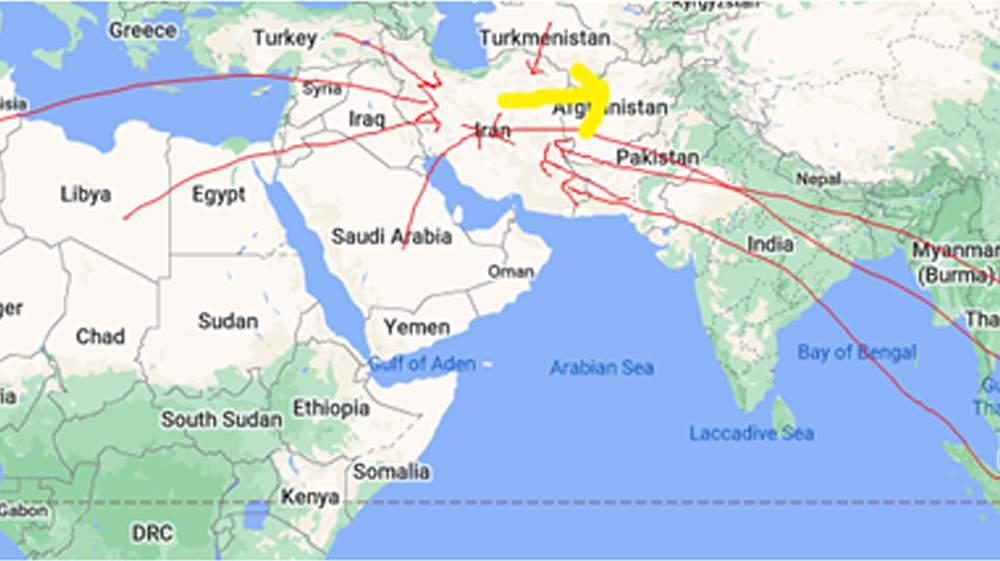
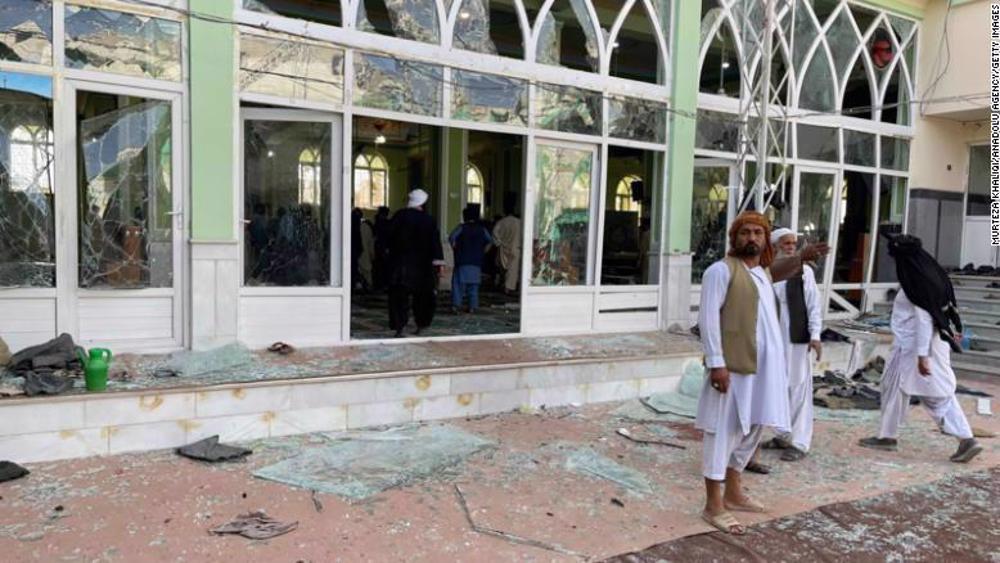
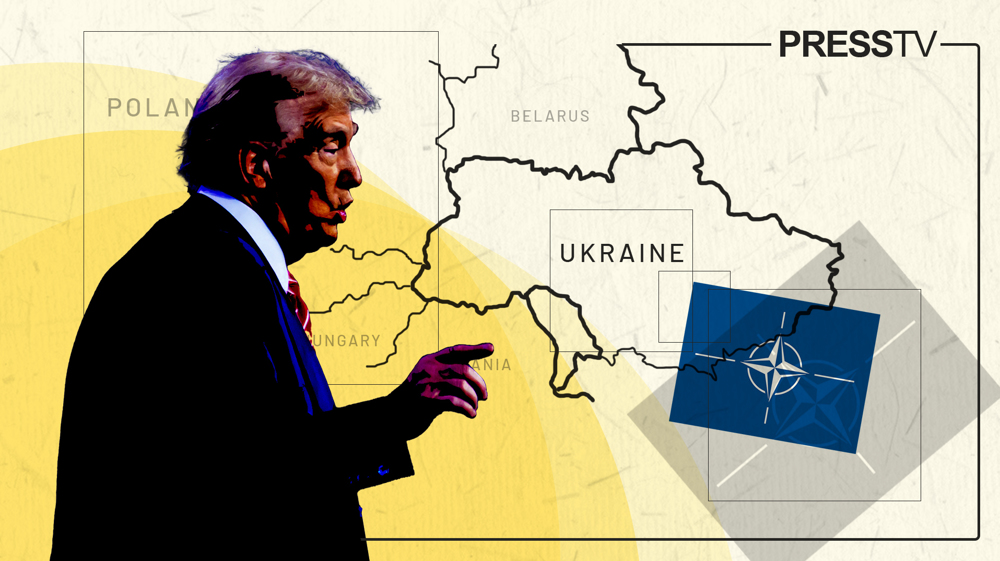
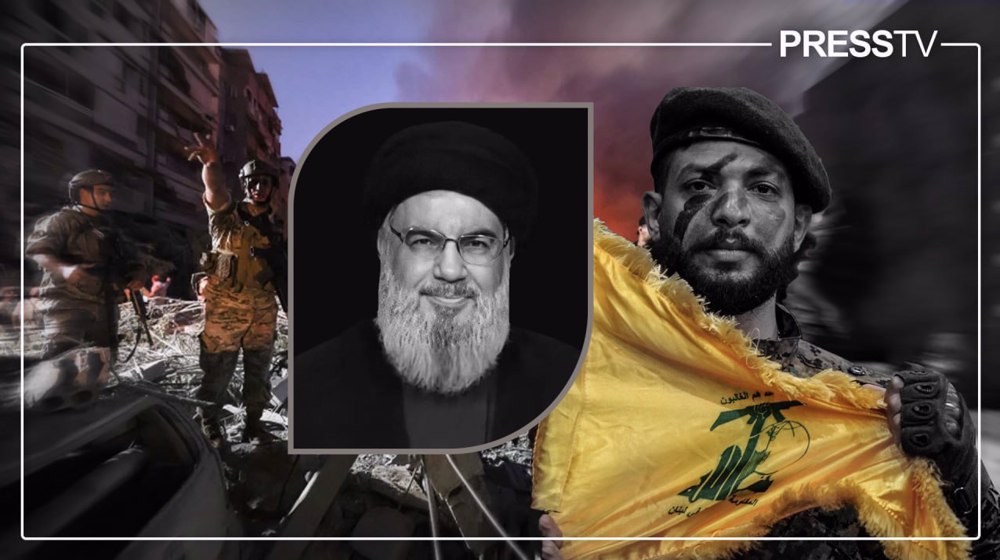




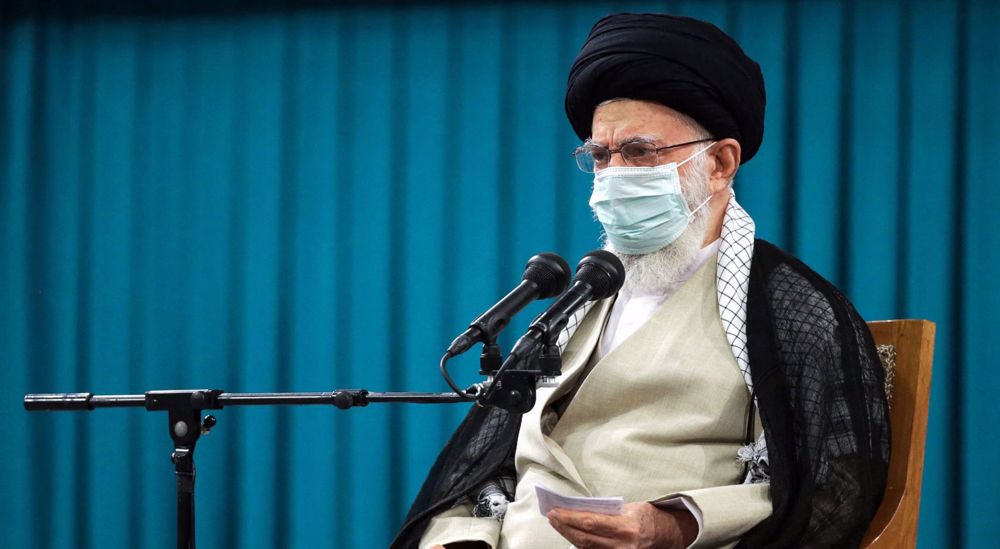
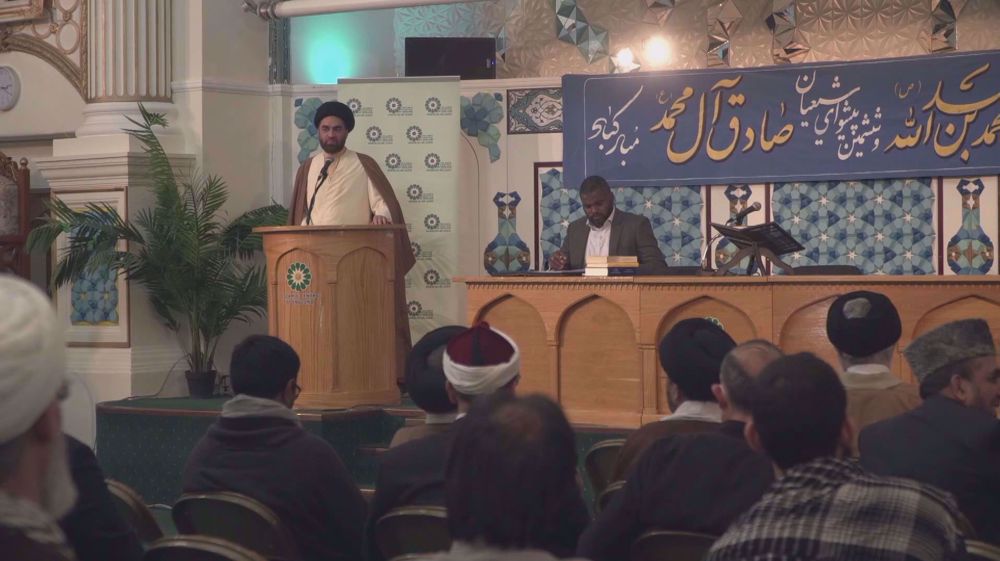
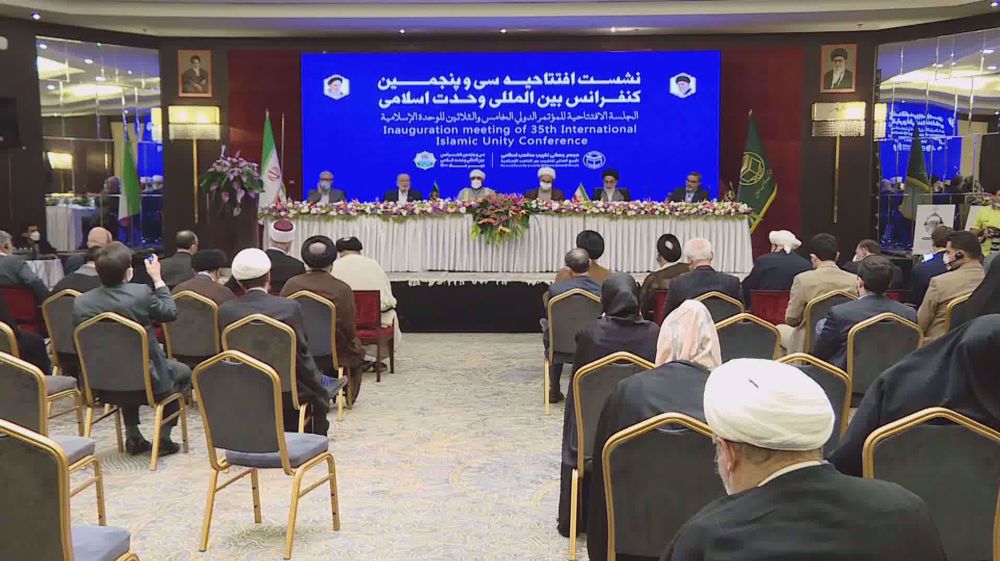

 This makes it easy to access the Press TV website
This makes it easy to access the Press TV website